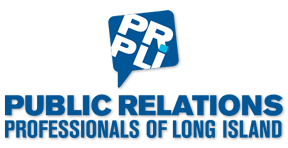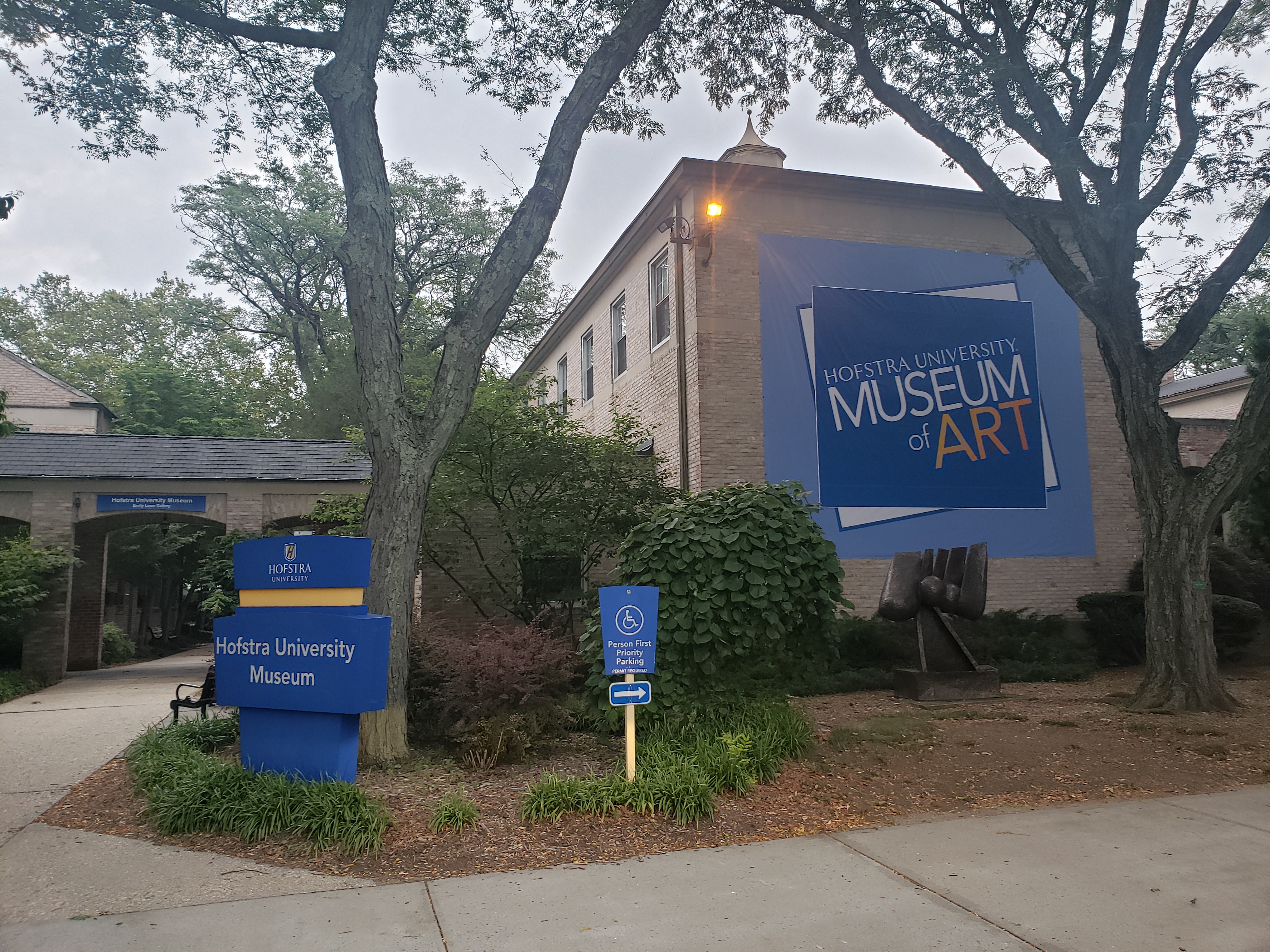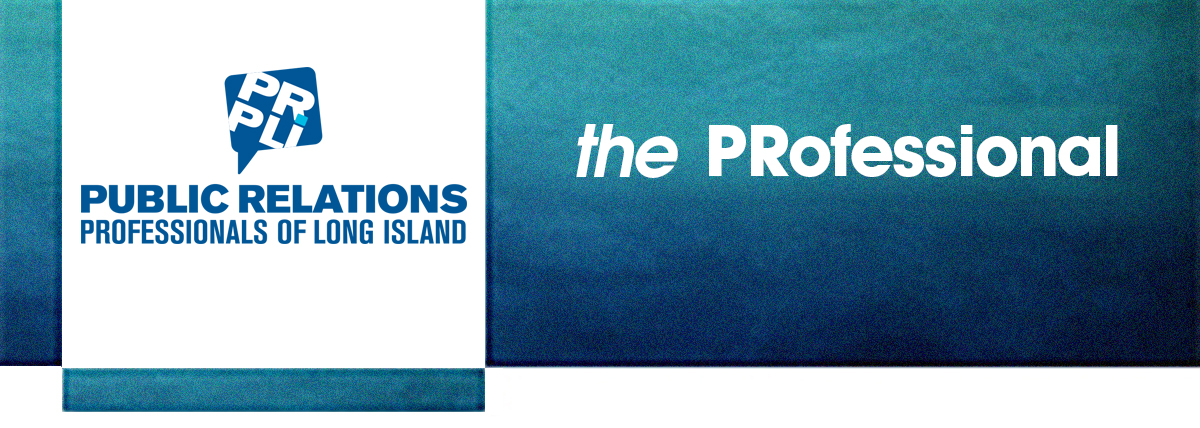By William Krol
I usually write about grammar and language, but the change of the calendar year has always led me toward introspection. (And, frankly, not just for me, but almost every other person in America, judging by the sheer number of people making all kinds of resolutions.)
For the past 11 (going on 12) years, I’ve worked at the Guide Dog Foundation and America’s VetDogs. It is, in many ways, still what I consider my dream job—I get paid to write for a not-for-profit, I can go to our puppy department for a puppy “fix” (heck, I work for an organization that has a puppy department), and I tell stories about interesting people who don’t let their disabilities define them or what they can accomplish.
It was a long time coming … and a labyrinthine road. I have worked in a variety of industries from finance to legal to nonprofit, both temp and full-time, with any number of job responsibilities. Now—with the benefit of hindsight—I don’t regret any of the twists and turns of my career. Almost every experience I’ve had has been useful and informed my writing and editing.
I was an English major in college, but I went to work as an administrative assistant (and eventually office manager) in New York City after graduation. I had interviewed at a newspaper in Lake Placid, but journalism wasn’t for me. For some reason, I never considered any other kind of writing: one was either a reporter or a fiction Writer (with a capital “W”). And while I had dabbled in fiction, I never considered myself a Writer.
For almost 20 years, I was an office manager/administrator. It was a job I enjoyed, until I didn’t. I was itching to do something, anything that related to my English-major background. I took on “writing” projects at my corporate jobs—creating employee manuals or how-to guides for office procedures. I changed jobs and moved into the nonprofit sector. I was still an office manager, but at least it was no longer for Corporate America. In my second nonprofit job, I started writing and designing my organization’s newsletter. It was like coming home again.
From there, I became a copy editor at a physics publisher. I’ve always said that learning how to copy edit helped make me a better writer: I could follow the rules (because I knew them), but I wasn’t afraid to “bend” them to tell a story. Like this, using sentence fragments. Copy editing is a skill I use to this day as a freelancer (and often as the “go-to” guy to look over PRPLI’s publications).
I still don’t know if I consider myself a capital-W Writer, but I’ve come to realize how much I like the writing I do. I take pride in a well-crafted brochure, or in a profile that makes an impact on readers, or even in a persuasive direct mail letter that brings in donations (’cause nonprofit employees gotta eat too).
One thing that stands out as I reflect on my career: It is vital for individuals to reach outside their comfort zone, to learn something unrelated to their field, to experience something different from their usual. When I copy edited a textbook on veterinary medicine, I drew on my knowledge from the Guide Dog Foundation. When I wrote a profile of a guide dog user who was a lawyer, I harked back to my time as a legal secretary. You never know where a random fact or seemingly unrelated incident will be useful.
I’m grateful, as the new year unfolds, to continue to practice my craft, to help tell my organization’s stories, and to drop a gripe or two about grammar to my fellow PRPLI members.
William Krol is the communications manager at the Guide Dog Foundation for the Blind and America’s VetDogs and a freelance copy editor. He can be reached at wmkrol@yahoo.com. He listened to Diana Ross and the Supremes sing “Reflections” while reminiscing about his career journey.






